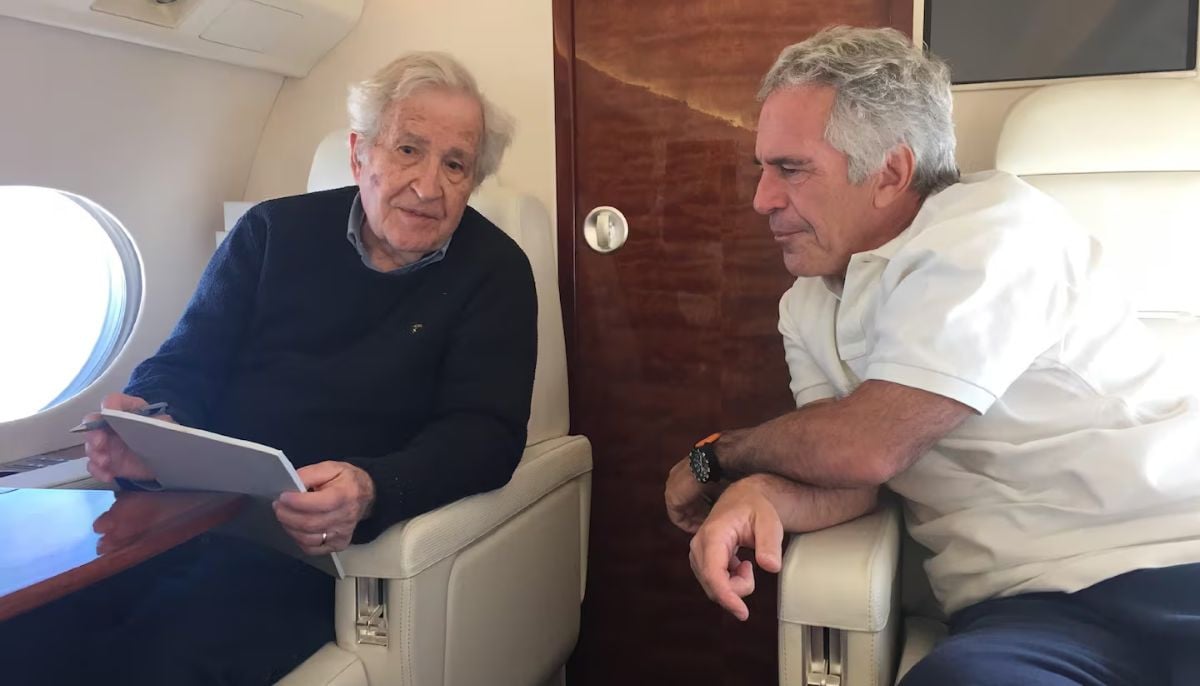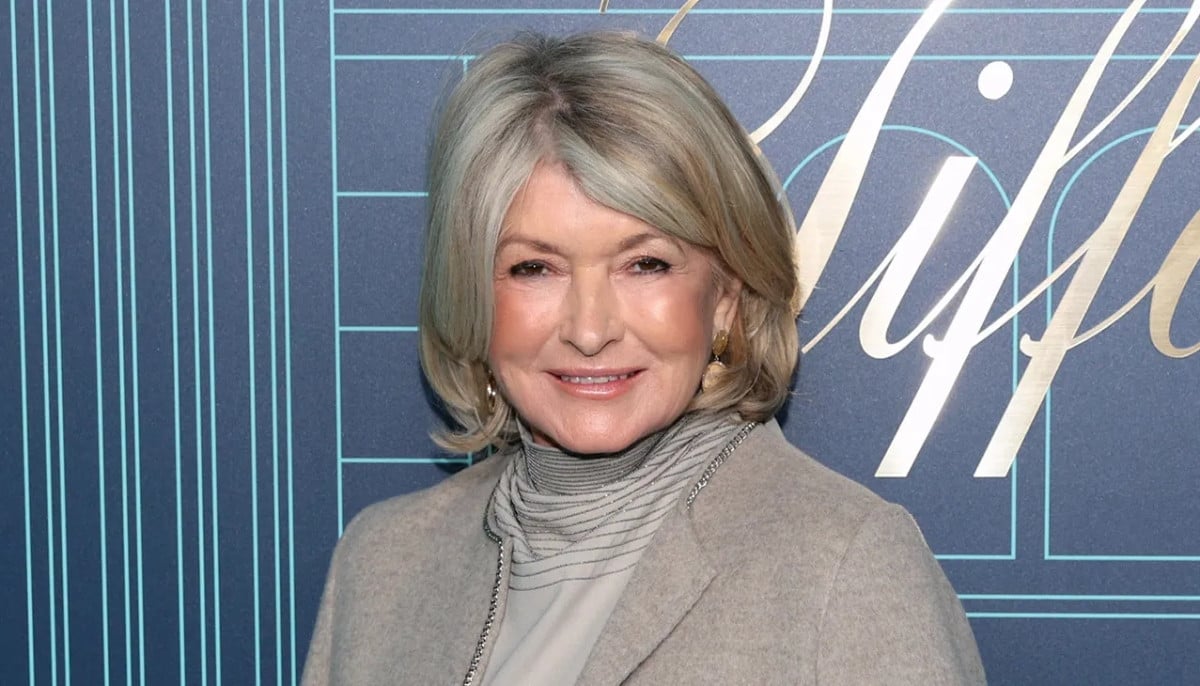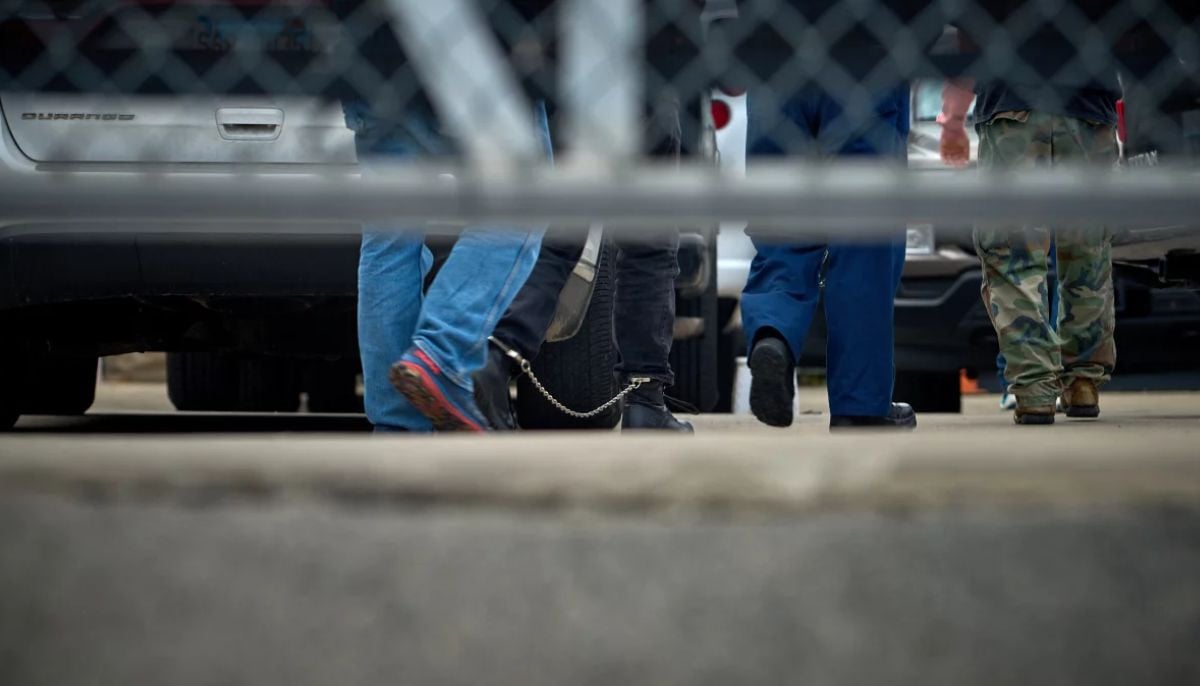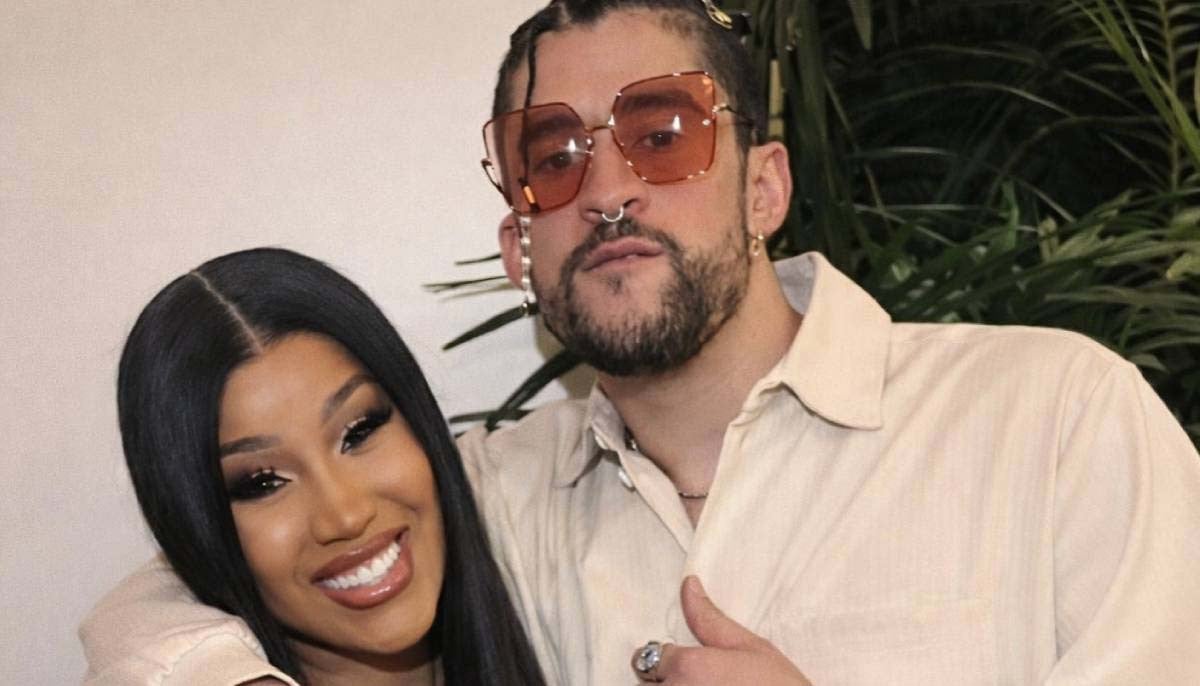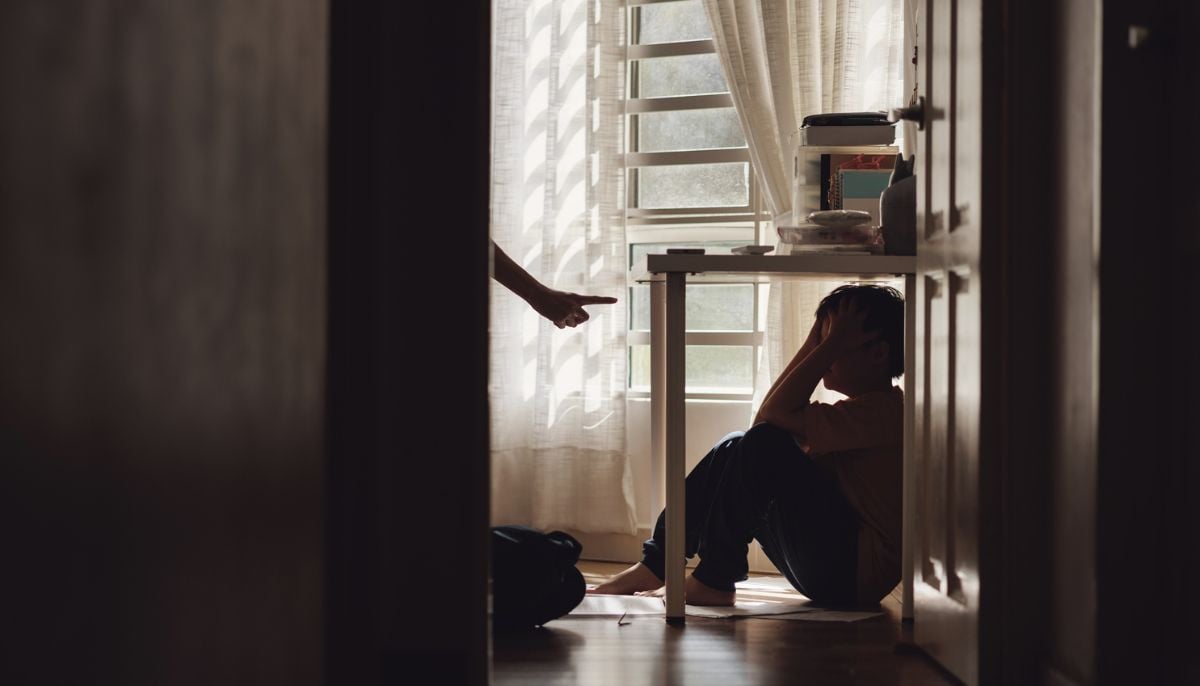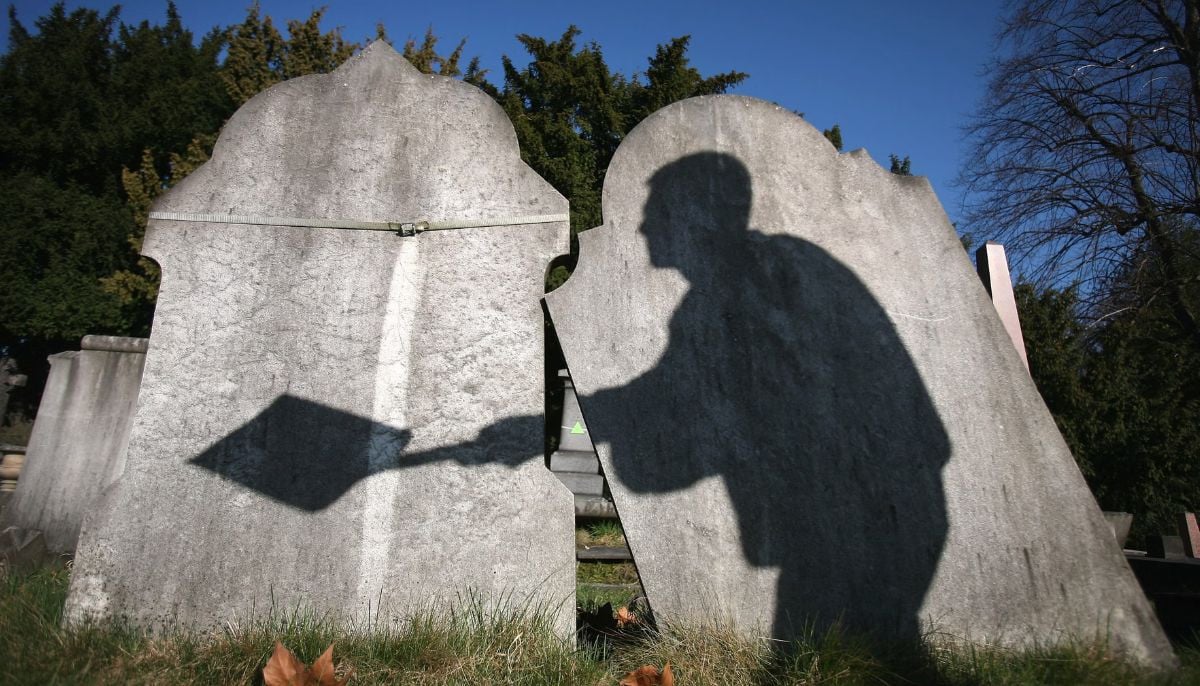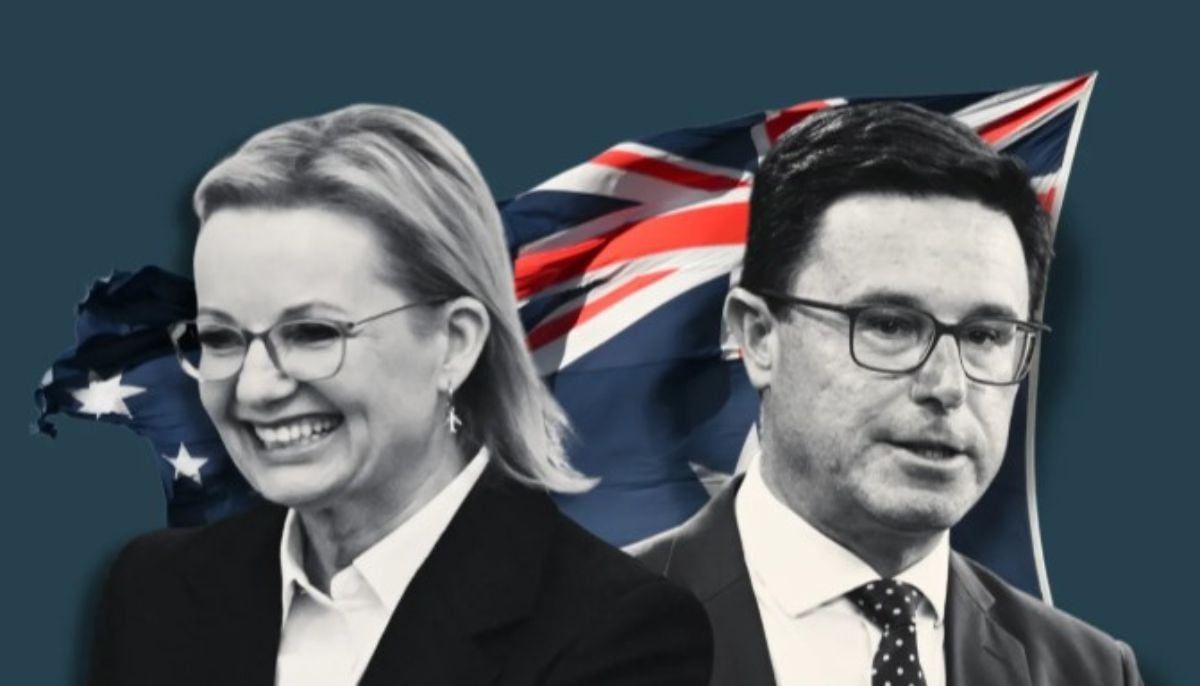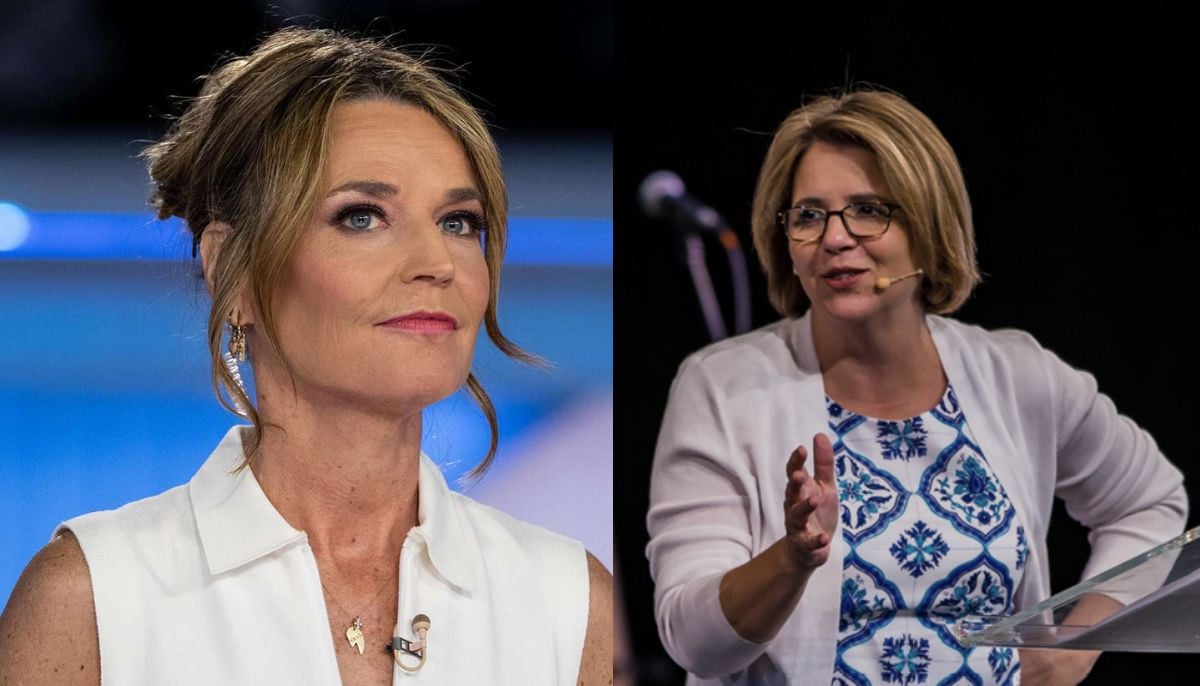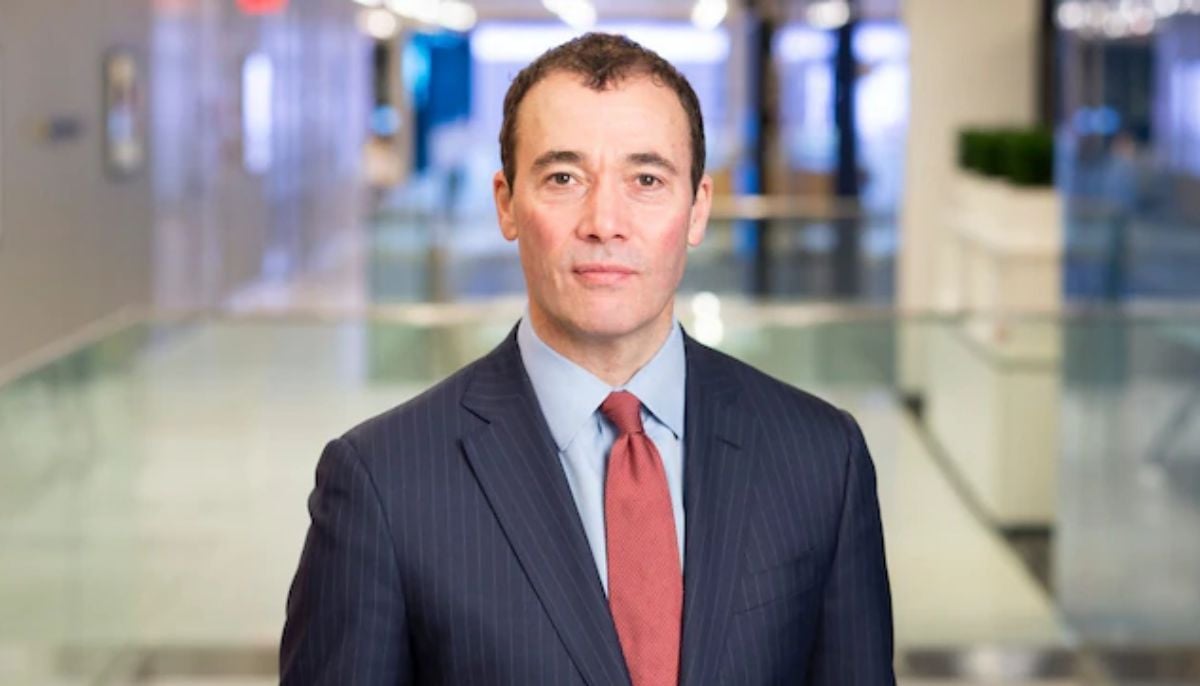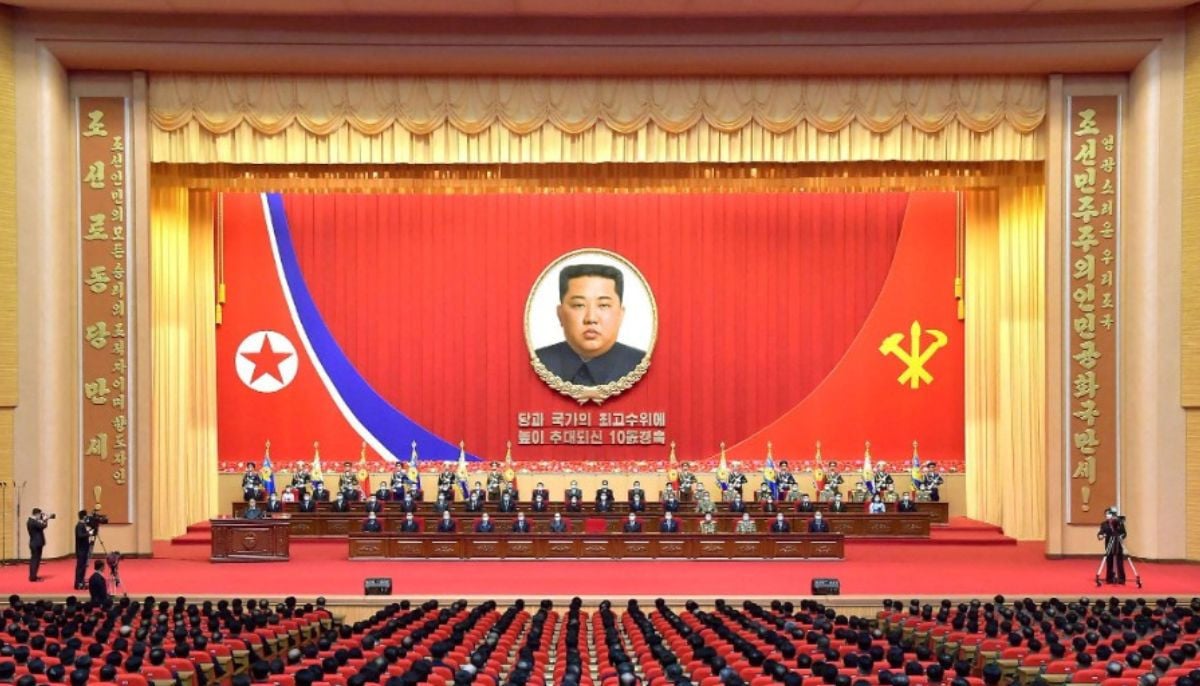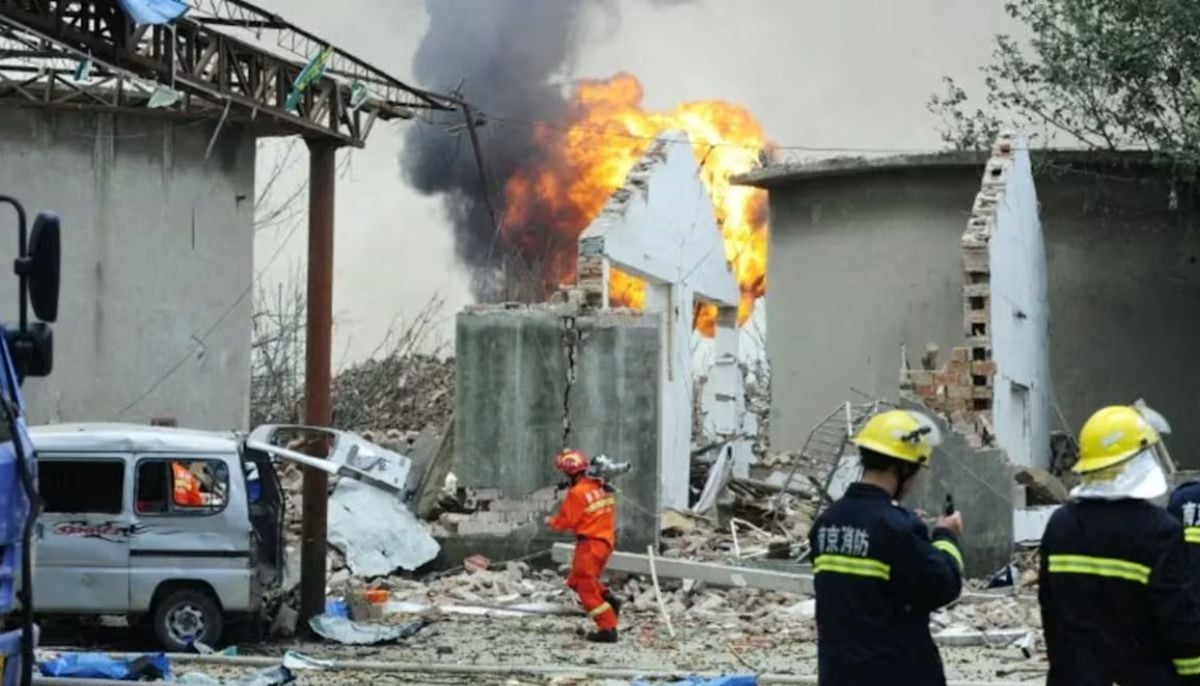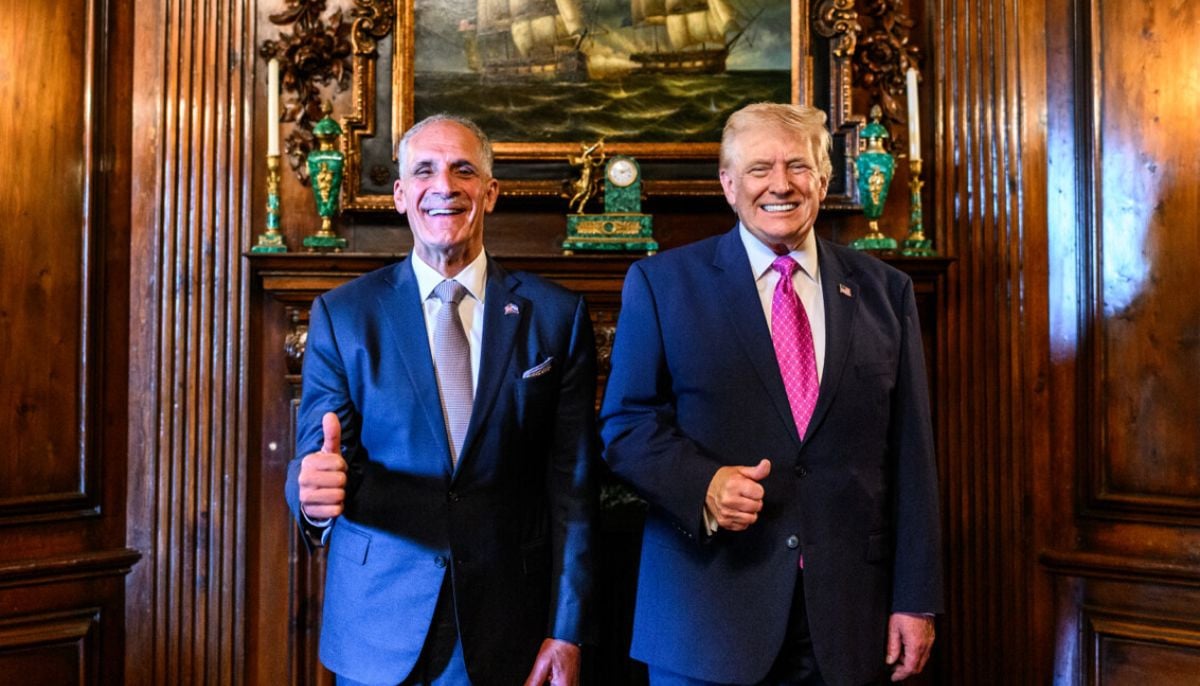NEW DELHI: Indian Prime Minister Narendra Modi on Friday met leaders of national political parties to find a way of ending weeks of unrest in held Kashmir, but some separatists said the talks would be futile if they did not include all the parties to the conflict.
Indian security forces killed a separatist leader on July 8, sparking a wave of violent protests across the Himalayan region, which has been ruled in part, but claimed in full, by both India and Pakistan since 1947.
Police extended a curfew in parts of the Muslim-majority territory for a 35th day on Friday; a clampdown that Kashmiris said showed authorities' failure to defuse deep-seated anger against Indian rule.
With 54 protesters killed so far, one of the two factions of the region's main separatist alliance, the Hurriyat Conference, said there was no sign of the anger abating.
"Unless there is an acknowledgement among all political parties in India that Kashmir is a dispute and not an internal issue and has to be addressed accordingly, there is very little chance of the situation improving or real peace returning," said faction chairman Mirwaiz Umar Farooq.
Modi led the closed-door meeting in New Delhi attended by leaders of the opposition Congress party, and several regional parties, according to a picture his office posted on social media.
Opposition leaders have also stepped up calls for an all-party delegation to visit Kashmir for talks with regional leaders.
Modi's Bharatiya Janata Party rules the state in a power-sharing arrangement with a regional party and has long advocated a tough posture toward the revolt.
His government has shunned talks with Hurriyat and other groups that challenge India's claim, putting on hold peace talks with Pakistan, telling it to first rein in anti-India militants operating from its territory, a charge its arch rival rejects.
Modi this week appealed to young people in the state to abandon violence and work for its development. Protests have erupted against Indian rule for decades, and analysts said Modi's government appeared short of ideas on how to pacify the protesters.
"I don't see anything in terms of a strategy," said Ajai Sahni, of the Institute for Conflict Management, based in Delhi. "The government and the separatists are speaking in completely divergent voices."
A resolution by the Lok Sabha on Friday urged steps to restore peace. Operations of mobile telephone networks were suspended late on Thursday amid worries about fresh violence following Friday prayers.
-
Chicago child, 8, dead after 'months of abuse, starvation', two arrested
-
Funeral home owner sentenced to 40 years for selling corpses, faking ashes
-
Australia’s Liberal-National coalition reunites after brief split over hate laws
-
Savannah Guthrie addresses ransom demands made by her mother Nancy's kidnappers
-
Washington Post CEO William Lewis resigns after sweeping layoffs
-
North Korea to hold 9th Workers’ Party Congress in late February
-
Factory explosion in North China leaves eight dead
-
Trump hosts Honduran president Nasry Asfura at Mar-a-Lago to discuss trade, security
